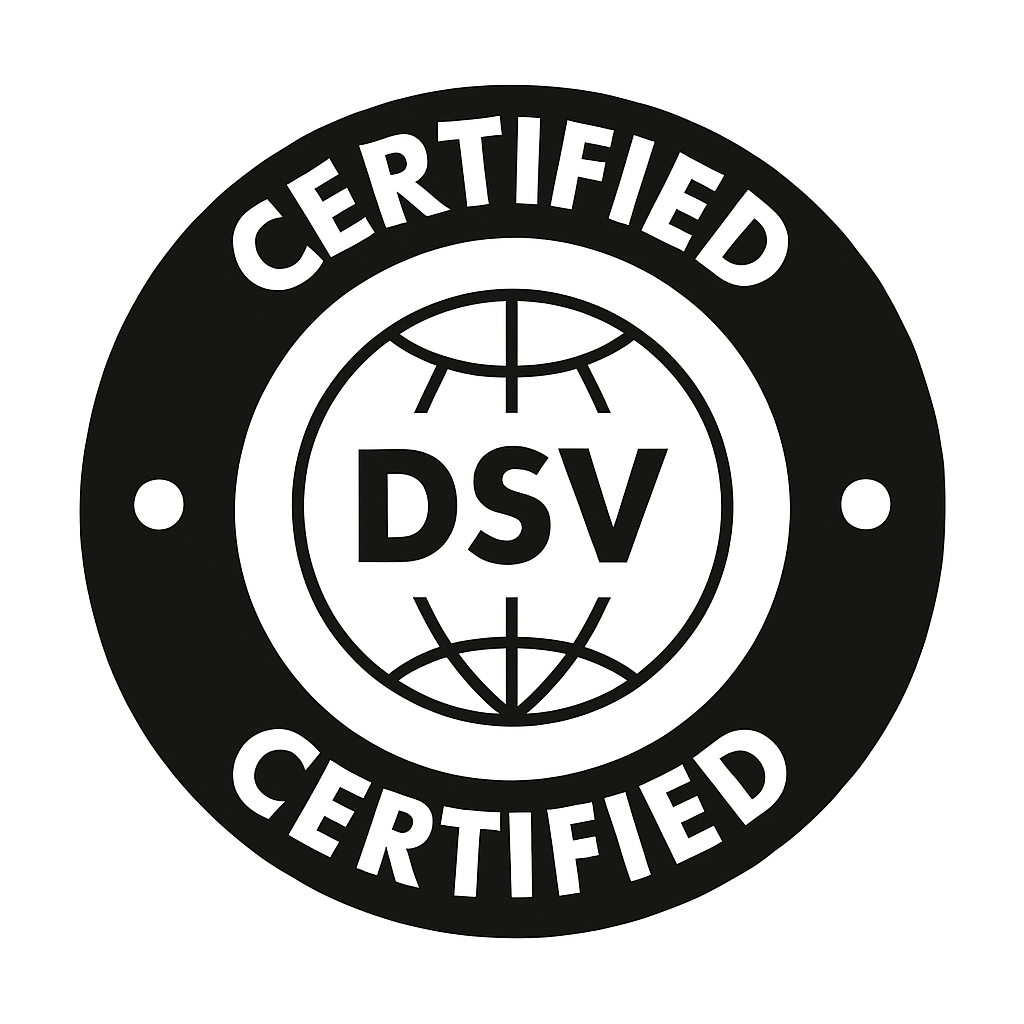Understanding the CIM study
Before we dismiss this takeaway as the findings of an isolated study, it’s worth mentioning that the CIM tapped more than 7,000 people for their research. The study participants were tested on their digital proficiencies using questions weighted by level of specialism and difficulty. What’s more, the CIM tested their questions with a set group of organizations before rolling them out to ensure that they accurately measured the individual’s competency.
To further validate the findings, they cross-referenced the results against third-party industry data and manually reviewed it. All told, this isn’t some poorly constructed study with a small sample size. The findings give us a good look at where the marketing industry is at today. And the outlook isn’t overly positive, at least when it comes to our digital skills.
A drop in skills across the board
Specifically, the latest CIM digital skills benchmarking study found that skills dropped off at nearly all job levels in almost all sectors. The biggest declines came in the following areas (ones most marketers will agree are critical):
- Analytics and data: 6% drop
- Content marketing: 4% drop
- Social media: 2% drop
The only area to see growth was general marketing, where the CIM measured an improvement rate of 7%. They attribute much of this to furloughed workers using the downtime for self-guided professional development.
The issue, though, is that the future of marketing likely won’t need general skills. It’s much more likely that high-value employees will bring specific digital capabilities to the table.
Employers need to think about ways to help their teams hone the capabilities their objectives, processes, and stack require.
What employers can do to course-correct
If marketing leaders focus on any one area to remedy this skills gap, it should be enablement and support. An overwhelmed, under-tooled employee isn’t going to have any time — let alone energy — to dedicate to growing their skillset.
Fortunately, because most organizations have robust martech stacks to help, the technological tools marketing teams need are already at their fingertips. The issue is that they need training to be able to use those tools properly.
Consider scheduling training to ensure your marketers know how to leverage the tools available to them. You may also want to explore building best practice guides for the components of your martech stack. By providing this level of support, you directly grow your team’s digital competency. At the same time, you enable further growth. When your team knows how to use their tools well, they can streamline and optimize their processes. This frees up both time and mental energy for their own personal growth initiatives.
On that note, evaluate your company’s support for employees’ ongoing education. Ideally, you should offer both time during the workweek dedicated to professional development and funding for any courses or seminars your employees want to take.




